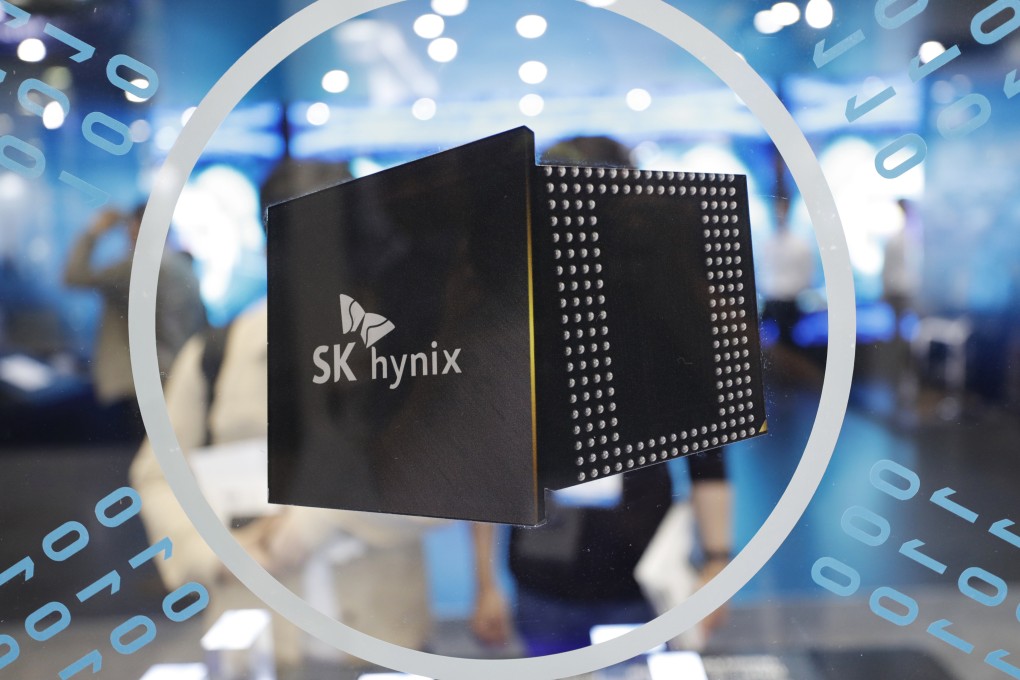My Take | Worst is yet to come in US tech war against China
- For Washington, the economic destruction of China and US national security now amount to the same thing

The United States is steadily forming a global chokehold on China from securing the most advanced computer chips. The tech war, which is just starting, is this century’s cold war. But we haven’t seen the worst yet.
It’s what you get when you can’t conduct a hot war without the threat of going nuclear. If China weren’t nuclear-armed, you could be sure Washington would have already threatened to nuke it.
We Chinese have asked for it. In the past decade, we have forgotten the lessons of Sun Tzu and Deng Xiaoping. In a nutshell, you must always hide your war aims, but work stealthily to achieve them. Only reveal them when you are ready to deliver the fatal blow.
What did we do? The opposite! We announced to the world we would achieve technological and economic supremacy, and even committed to some specific dates. It’s less important whether those dates were realistic than that they were publicised at all.
Sure enough, that spooked the Americans, for whom global supremacy is a God-given right. In the first decade of the new century, the Chinese were happy to let the Americans pursue a fruitless and highly destructive war on radical Islam. But then we painted a target on ourselves.
The semiconductor crackdown will soon be followed by new sanctions targeting China’s biotechnology and artificial intelligence. Alan Estevez, who is in charge of industry and security policies at the US Department of Commerce, has said as much.
